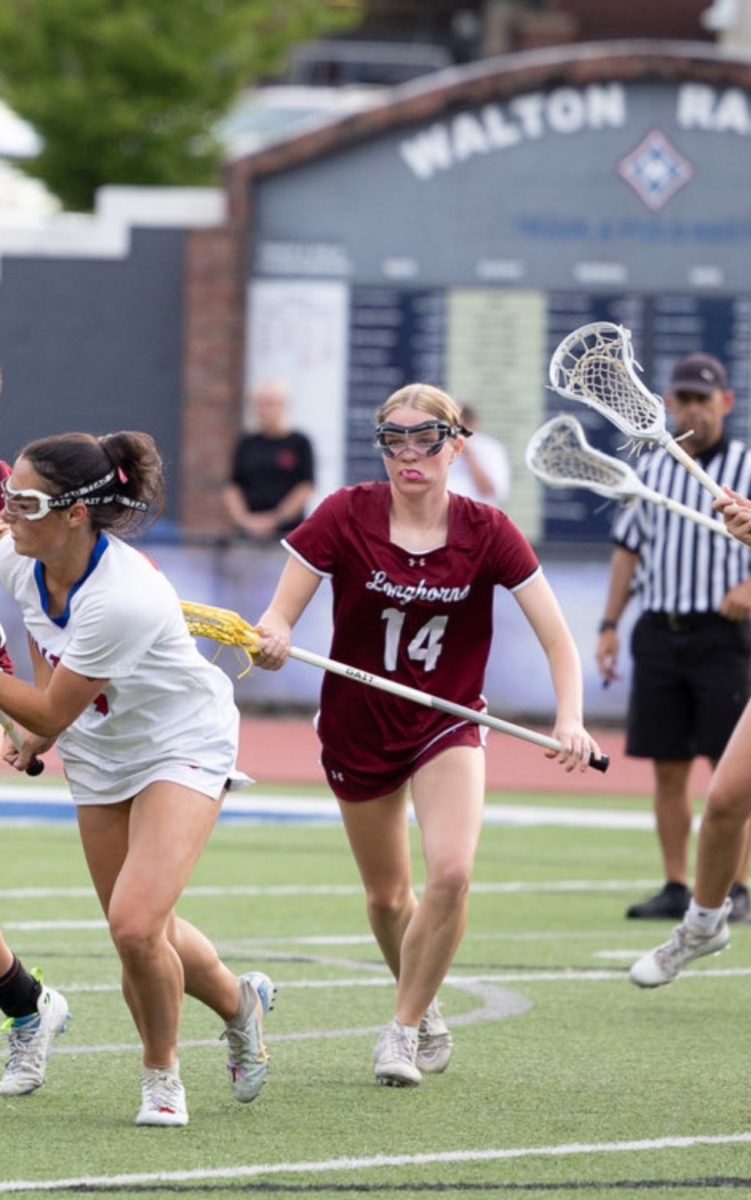The NFL Preseason has come to an end, but the debates on its importance continue on. With injuries and subpar performances, fans are once again calling for the preseason to change again or potentially even be removed. While it has already been reduced by one game, from three to four, more changes may be needed. Preseason games have both benefits and drawbacks for teams and fans that require addressing.
The preseason is highly beneficial for teams who have multiple players competing for the same roster spot. It allows teams to identify potential “cut” candidates and players who could act as depth pieces or even starters.
“Preseason games could be somewhat valuable, because if we didn’t have preseason games, teams with multiple quarterbacks, like the Browns, wouldn’t know who to start,” Lambert junior Tharun Dhamotharakannan explained.
Preseason games can weed out potentially non-NFL ready players, while boosting the value of rookies or underrated players fighting for a practice squad or roster spot. For example, the Cleveland Browns have three quarterbacks (Shedeur Sanders, Joe Flacco, and Dillon Gabriel) who could potentially start, and the preseason could help them decide on a starter. Since the preseason mimics real NFL games, teams and scouts can identify players that may shine on the big stage or players who may not adapt from the college to professional game well.
Despite the preseason’s value to teams, it can be a mixed bag for players. While they could shine and become a key player, the injury risk is real and could hurt the player’s long-term outlook as well as the team’s immediate future. While the preseason is not any more violent or draining than a regular season game, just the addition of more games can increase injury risks.
“Players can get injured, and it might seem like a waste of time,” Dhamotharakannan said. “However, players could get to know their skills as well.”
Injuries during the season can derail a player’s, if not an entire team’s, season. For practice squad or fringe players who are fighting for a roster spot, an injury to a critical area such as the knee or ACL could potentially end their career. For rookies and other young players, while an injury may not destroy their chances in the league, it could well affect the rest of their career through reduced athletic ability or long-term conditions. Every player’s body is different, and injuries can be vastly varied even though sports medicine today is the most advanced it has ever been.
“A potential solution to the problem could be cutting down the preseason to two weeks instead of three,” Dhamotharakannan said.
While reducing the length of the preseason would not completely avoid injury, it may well give teams enough time to confirm a roster and protect players from overuse injuries.
While the preseason has both benefits and drawbacks, it remains an essential part of the NFL season. It eases fans back into the game while giving teams leeway to confirm their final 53-man roster for the long season ahead. However, to protect players while allowing teams time to consider players for their roster, a change like reducing preseason length may be beneficial.















